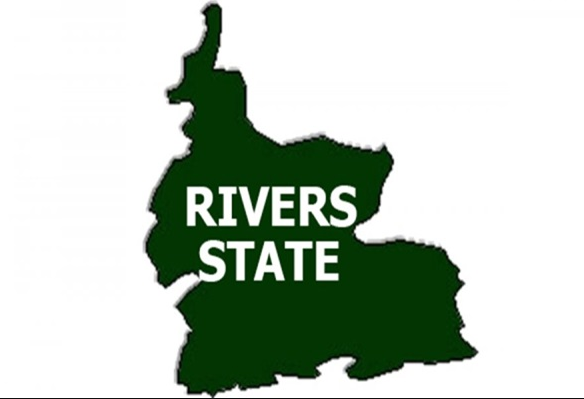Breaking News: Rivers State Plunged into Political Uncertainty
President Bola Tinubu’s declaration of a state of emergency in Rivers State has sparked widespread reactions from political leaders and citizens alike. The decision, which suspends Governor Siminalayi Fubara and the state legislature for six months, is a significant escalation in Nigeria’s ongoing political tensions.
But what led to this emergency, and what does it mean for Rivers State and Nigeria as a whole? Let’s break it down.
What Led to the Emergency Declaration?
The political crisis in Rivers State has been brewing for months, largely due to the power struggle between Governor Fubara and state lawmakers. The conflict escalated when legislators attempted to impeach the governor, citing alleged illegal budget presentations and unconstitutional legislative moves. However, Fubara and his supporters claim this was a politically motivated attack aimed at destabilizing his administration.
Adding to the chaos, the recent pipeline vandalism in the state—most notably the fire outbreak on the Trans Niger Pipeline—has raised national security concerns. The federal government cited these incidents as justification for imposing the emergency rule.
Rotimi Amaechi’s Reaction: “Illegal and Unconstitutional”
Former Rivers State Governor Rotimi Amaechi has been vocal in his opposition to the emergency rule. He described it as “a rape on democracy”, arguing that the federal government has overstepped its constitutional boundaries. Amaechi urged citizens and political leaders to resist the decision, emphasizing that state affairs should be settled within legal frameworks, not through federal intervention.
His criticism reflects broader concerns that this move may set a dangerous precedent, allowing the federal government to interfere in state politics under the guise of security concerns.
What Are the Implications?
1️⃣ Political Fallout: The suspension of Rivers State’s elected government could further deepen political divisions in Nigeria, particularly among opposition parties.
2️⃣ Security Concerns: While the government claims the decision is meant to restore stability, it could also increase unrest if citizens and political actors feel disenfranchised.
3️⃣ Impact on Oil Production: Rivers State is a key hub for Nigeria’s oil industry. If instability continues, it could negatively impact oil production and revenue generation.
4️⃣ Legal Challenges: Opposition leaders and legal experts may take the matter to court, potentially leading to a constitutional showdown.
Final Thoughts: Democracy at a Crossroads?
While the federal government argues that the emergency rule is a necessary step to ensure stability, critics see it as a power grab that threatens Nigeria’s democratic system. As tensions continue to rise, all eyes will be on how Rivers State leaders and the judiciary respond in the coming weeks.
Should states have the right to manage their crises without federal intervention, or was this move justified in the name of national security? Drop your thoughts in the comments below!
Stay tuned to Xamblog for more updates and in-depth analyses on Nigeria’s biggest stories.
Last Updated on March 20, 2025 by kingstar





